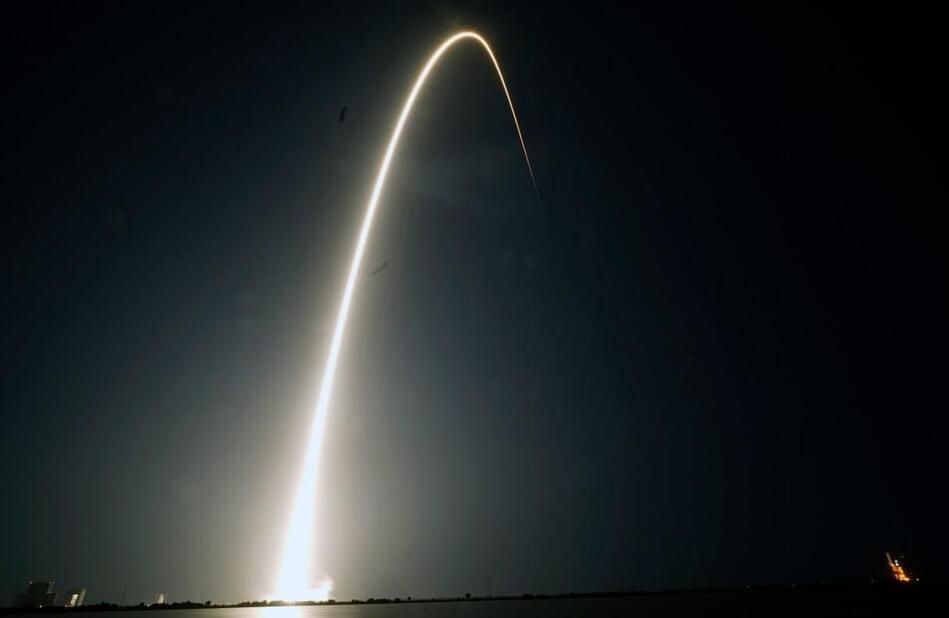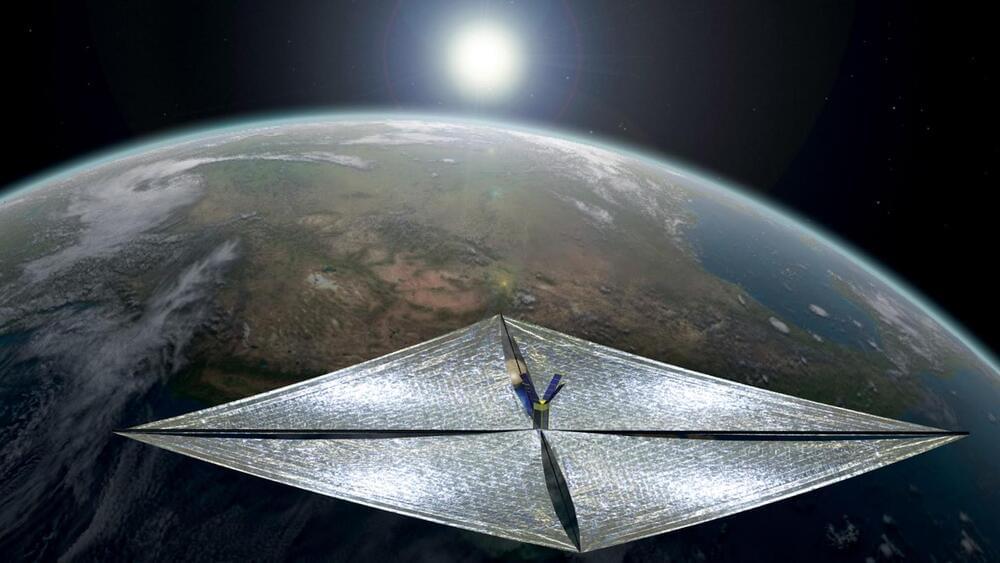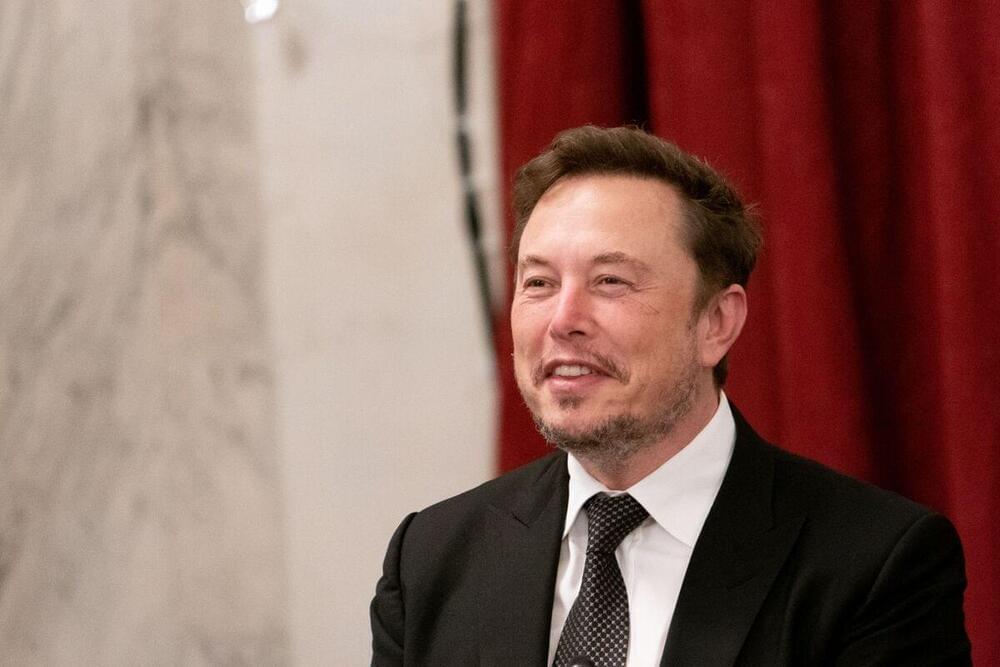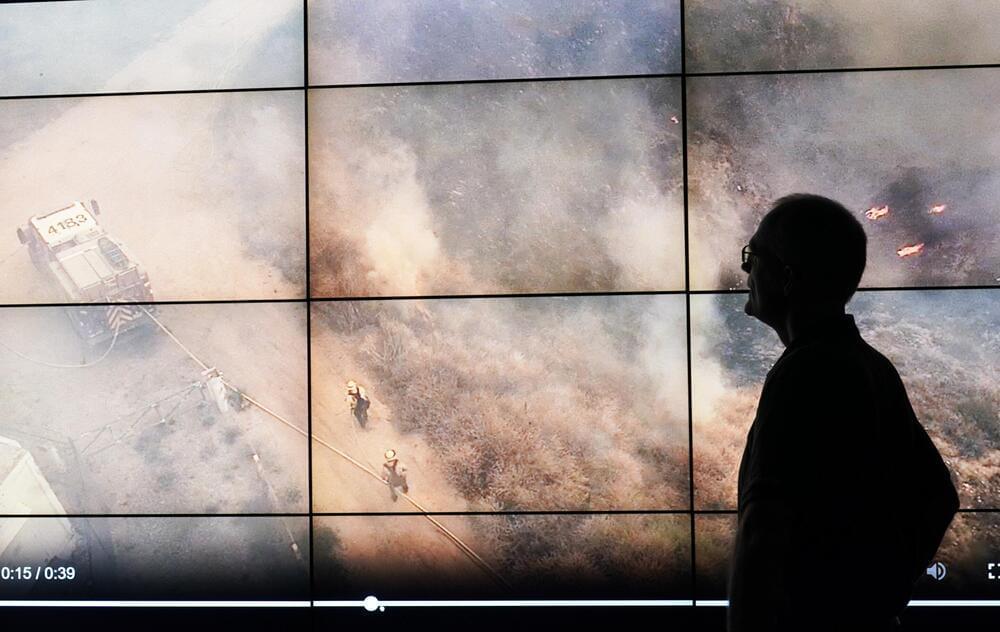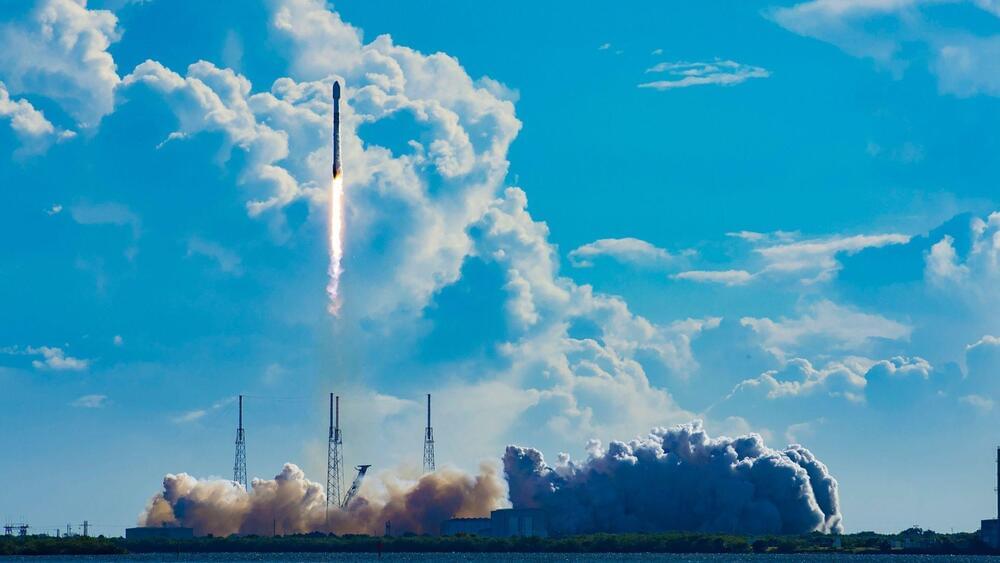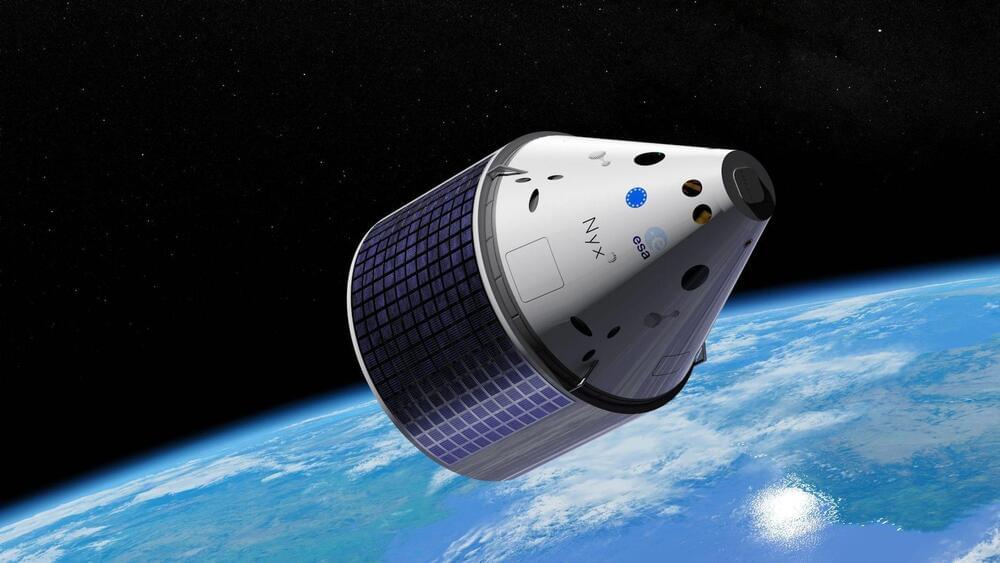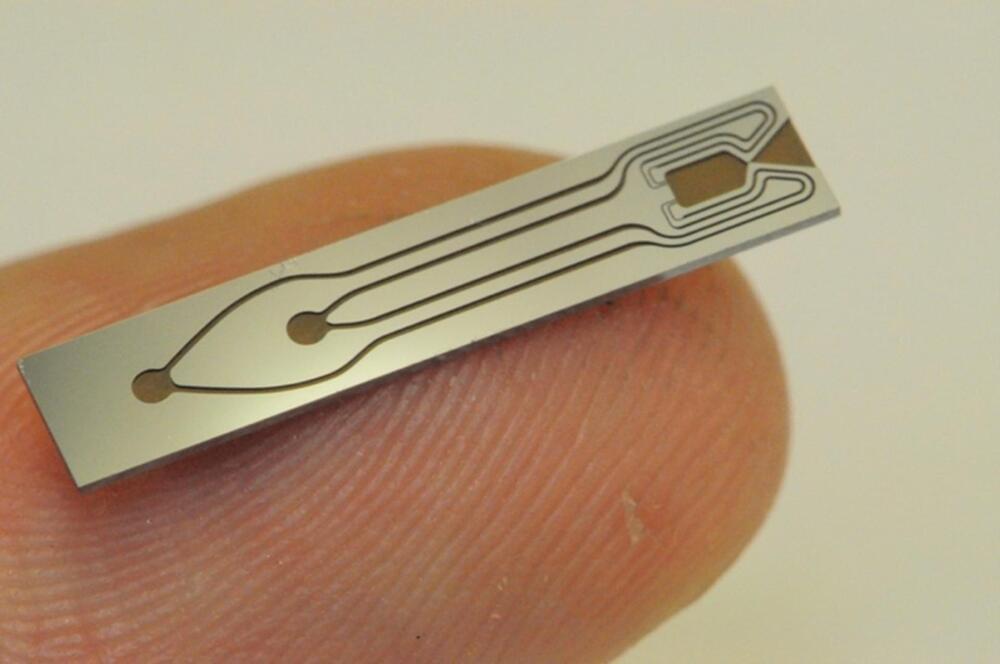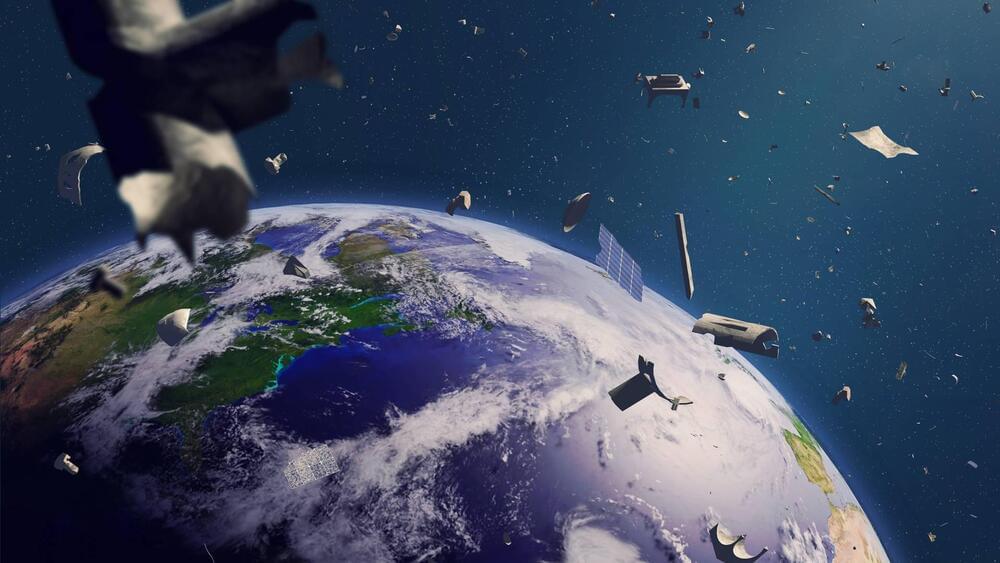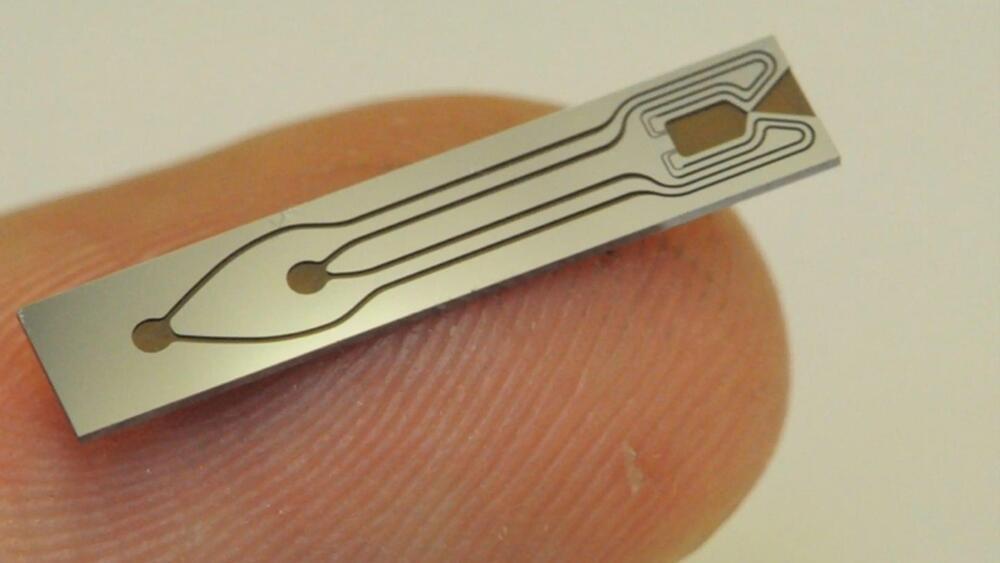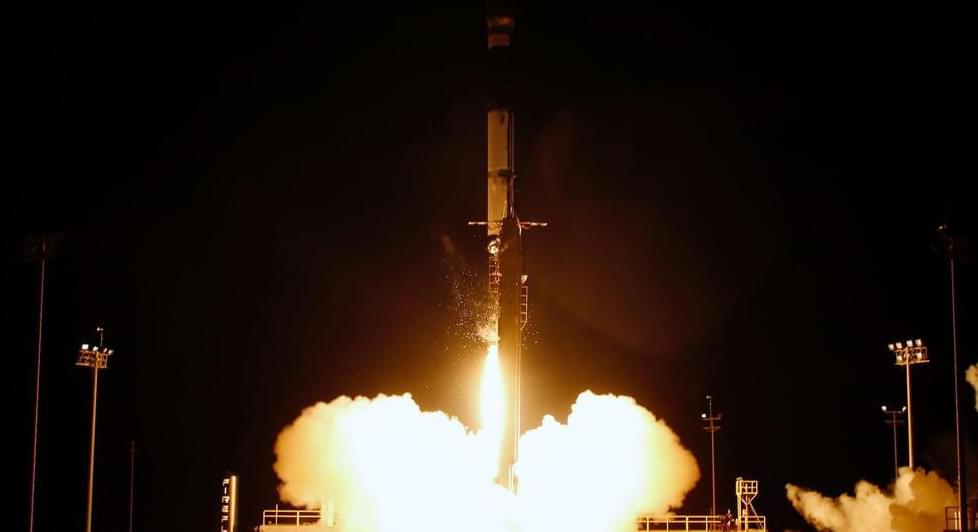CAPE CANAVERAL, Fla. (WFLA) — SpaceX will attempt to launch 22 Starlink satellites from Florida on Friday evening, but weather threatens to postpone the launch.
According to the SpaceX website, the company plans to send up its Falcon 9 rocket from Cape Canaveral Space Force Station at 10 p.m.
The latest forecast from the 45th Weather Squadron at Patrick Space Force Base indicates the launch has an 80% chance of being scrubbed or delayed due to weather. If that happens, SpaceX has three backup opportunities available until 10:15 p.m., but conditions are only expected to be slightly more favorable.
